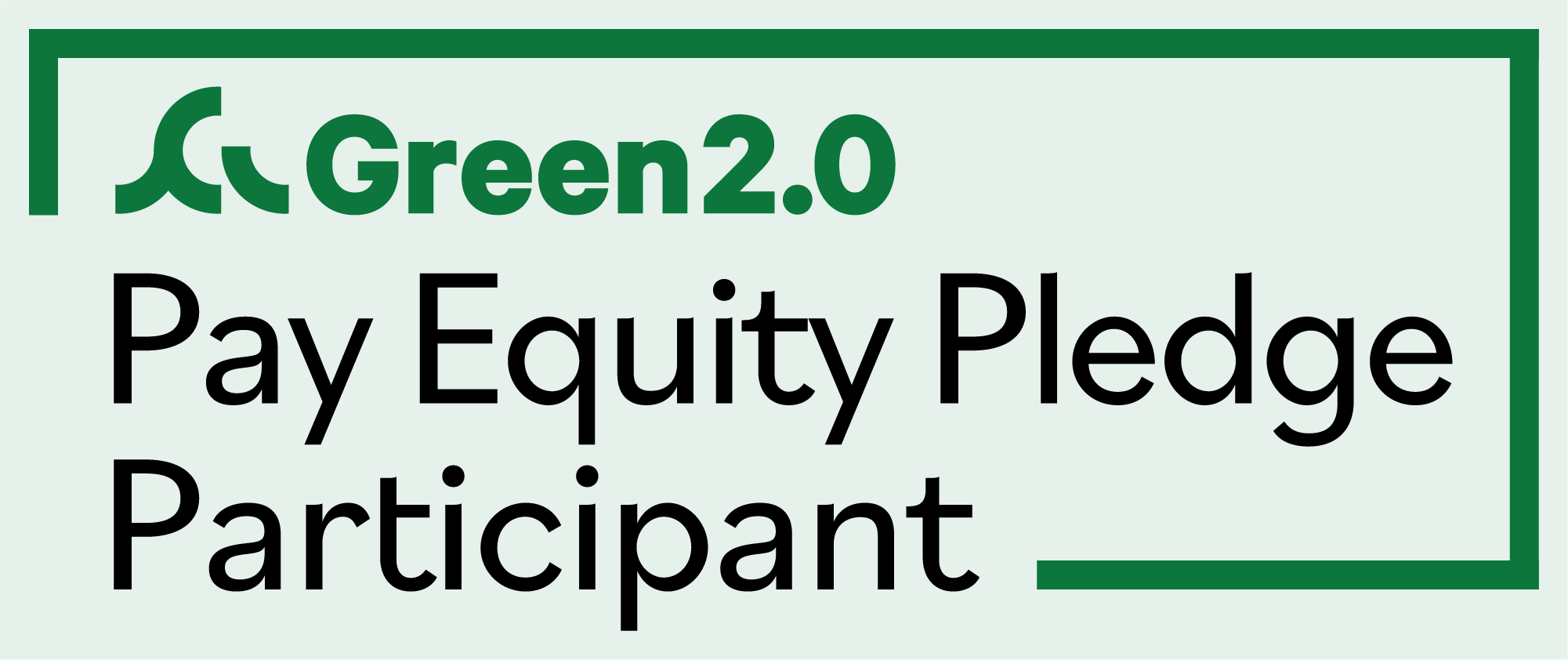At PEC, we believe that creating great communities and protecting the places people love doesn’t happen by accident. It takes long-term commitment, careful planning and collaboration to achieve.
The same principle of dedication applies to creating a society that is just and equitable. Though the right to a happy, healthy life and environment should be inherent, inalienable and unmistakable for all, it’s not. The opportunity to enjoy this place we love to the fullest is not equitable for everyone, including access to nature, housing and land ownership.
PEC is reexamining the ways our organization recognizes, listens to and amplifies the voices of those most impacted by histories of injustice — and how best to include all communities in our work. We are an advocate for conservation and smart growth in the Virginia Piedmont that is increasingly inclusive, addressing housing, open space and healthy food needs, and expanding public access to the region’s rivers and lands.
What is DEIJ?
What do we mean by diversity, equity, inclusion and justice in the context of our work? These concepts mean different things to different people, but as we seek to become a more representative and inclusive organization, we define these words as follows:
Diversity – The demographic mix of a specific collection of people, taking into account elements of human difference, including but not limited to race, culture, ethnicity, gender, gender identity, sexual orientation, age, disability and socioeconomic status.
Equity – Achieved when you can no longer predict an advantage or disadvantage based on race, ethnicity, gender, gender identity, sexual orientation, socioeconomic status, or ability.
Inclusion – The degree to which diverse individuals are able to participate fully in the decision-making processes within an organization or group. All members are valued, respected and supported.
Justice – The quality of being just, impartial, or fair; especially as it pertains to the treatment of a diverse group of people.
What We’re Committed To
In July 2020, with the support of our board of directors, PEC staff launched a Diversity, Equity, Inclusion and Justice (DEIJ) committee. Regular meetings ensure that we are intentionally setting aside time to better understand systemic racism and other forms of exclusion and the way they impact communities in our nine-county service area and influence our work. The committee is working through ways to integrate principles of diversity, equity and inclusion into PEC’s program areas, internal policies, practices and communication.
We know that this is a journey and that creating lasting change takes time. Our actions will demonstrate our level of seriousness. As we move ahead, we look forward to continuously deepening and expanding upon the following commitments:
- Fostering, cultivating and preserving an organizational culture that is inclusive, fair and equitable.
- Educating ourselves about social and environmental justice issues, in order to understand the ways these issues are interconnected with our organization’s 50-year history.
- Deepening our understanding of the role that systemic racism and other forms of exclusion have played in our region’s history. We also need to learn how they continue to manifest themselves in order to address the ways in which they directly impact our work now.
- Continually reexamining our staff and board hiring/recruitment/retainment practices, so that we better reflect the diversity of our region and the communities we serve.
- Actively supporting land-use and environmental policy priorities that take into account the needs of more diverse communities, including communities of color.
- Building and strengthening authentic partnerships with organizations led by, or representing, marginalized people in PEC’s service area.

